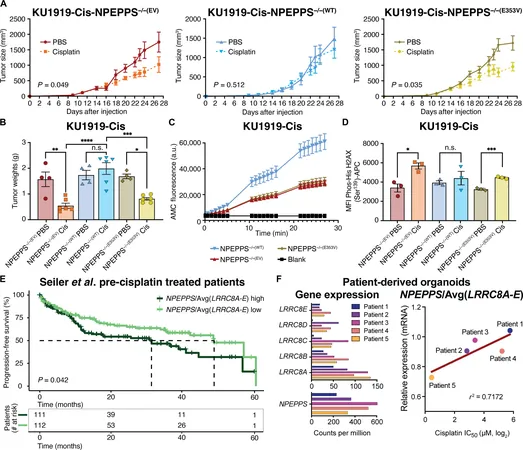
Researchers Uncover Crucial Insights to Enhance Police Interactions with Black Autistic Youth
2024-12-16
Author: Arjun
Introduction
In a groundbreaking study conducted by the Center for Autism Research at Children's Hospital of Philadelphia, researchers have highlighted a significant issue: Black autistic youth often experience detrimental outcomes during police interactions, exacerbated by systemic risks associated with both autism and racial bias in law enforcement. This vital research seeks to address and improve these troubling dynamics.
Study Overview
Published in the journal Autism, the study titled 'Policing Black Autistic Children: A Qualitative Approach to Understanding Black Caregivers’ Concerns' sheds light on the experiences and perceptions of Black caregivers of autistic children when it comes to policing. Given the documented higher instances of police contact and excessive force within the Black community, Black autistic youth carry an even heavier burden, facing a heightened risk of injury or worse during encounters with law enforcement.
Focus on Black Caregivers
While prior research has focused on the perspectives of autistic adults and other caregivers, this study is revolutionary in its exclusive concentration on Black caregivers’ insights about policing. This unique approach aims to fill a void in existing data and make marginalized voices heard.
Research Findings
Lead author Ashlee Yates Flanagan, Ph.D., emphasizes the importance of centering the lived experiences of these families: 'Black families often refrain from participating in research due to historical stigma and the feeling that their concerns are not acknowledged or prioritized. We aim to change that narrative,' she states.
In this comprehensive qualitative study involving 43 Black caregivers, researchers delved into several recurring themes. The caregivers voiced four primary concerns: inadequate police training, misinterpretation of autistic behaviors, fear of violence, and a yearning for empathetic policing. Many families noted that typical autistic traits, such as avoiding eye contact or unusual body movements, could easily be misconstrued by officers as suspicious or threatening actions, leading to negative, and potentially tragic, outcomes.
A Call for Reform
Despite these concerning realities, caregivers expressed a cautious optimism about the potential for reform within law enforcement. Many believe that enhanced training focused on recognizing and understanding the nuances of autistic behavior could significantly improve interactions for Black autistic youth.
'Parents in our study conveyed a sense of hope that better understanding and interactions with police can be achieved,' Yates Flanagan remarked. 'This indicates a vital potential for change in police training frameworks.'
Need for Inclusive Approaches
The necessity for culturally responsive and inclusive approaches in police training cannot be overstated. By integrating the concerns and experiences of Black caregivers, police departments can work towards better outcomes, not only for autistic youth but for entire communities. Researchers argue that the inclusion of racially and ethnically diverse voices in studies about policing is essential for creating effective, empathy-driven training programs.
Conclusion
The study’s senior author, Julia Parish-Morris, Ph.D., underscored the urgent need for improvement, stating, 'Our findings clearly identify critical gaps in current police training and articulate the hopes of Black families for enhanced police interactions. These narratives are essential for informing better practices.'
As the dialogue around institutional reform continues, this study serves as a clarion call for meaningful change within law enforcement. Ensuring the rights and safety of Black autistic youth is not merely a goal—it's an imperative that requires action, understanding, and a commitment to listening to those most affected.




 Brasil (PT)
Brasil (PT)
 Canada (EN)
Canada (EN)
 Chile (ES)
Chile (ES)
 España (ES)
España (ES)
 France (FR)
France (FR)
 Hong Kong (EN)
Hong Kong (EN)
 Italia (IT)
Italia (IT)
 日本 (JA)
日本 (JA)
 Magyarország (HU)
Magyarország (HU)
 Norge (NO)
Norge (NO)
 Polska (PL)
Polska (PL)
 Schweiz (DE)
Schweiz (DE)
 Singapore (EN)
Singapore (EN)
 Sverige (SV)
Sverige (SV)
 Suomi (FI)
Suomi (FI)
 Türkiye (TR)
Türkiye (TR)